Missed opportunities by the younger generation: Can we change?
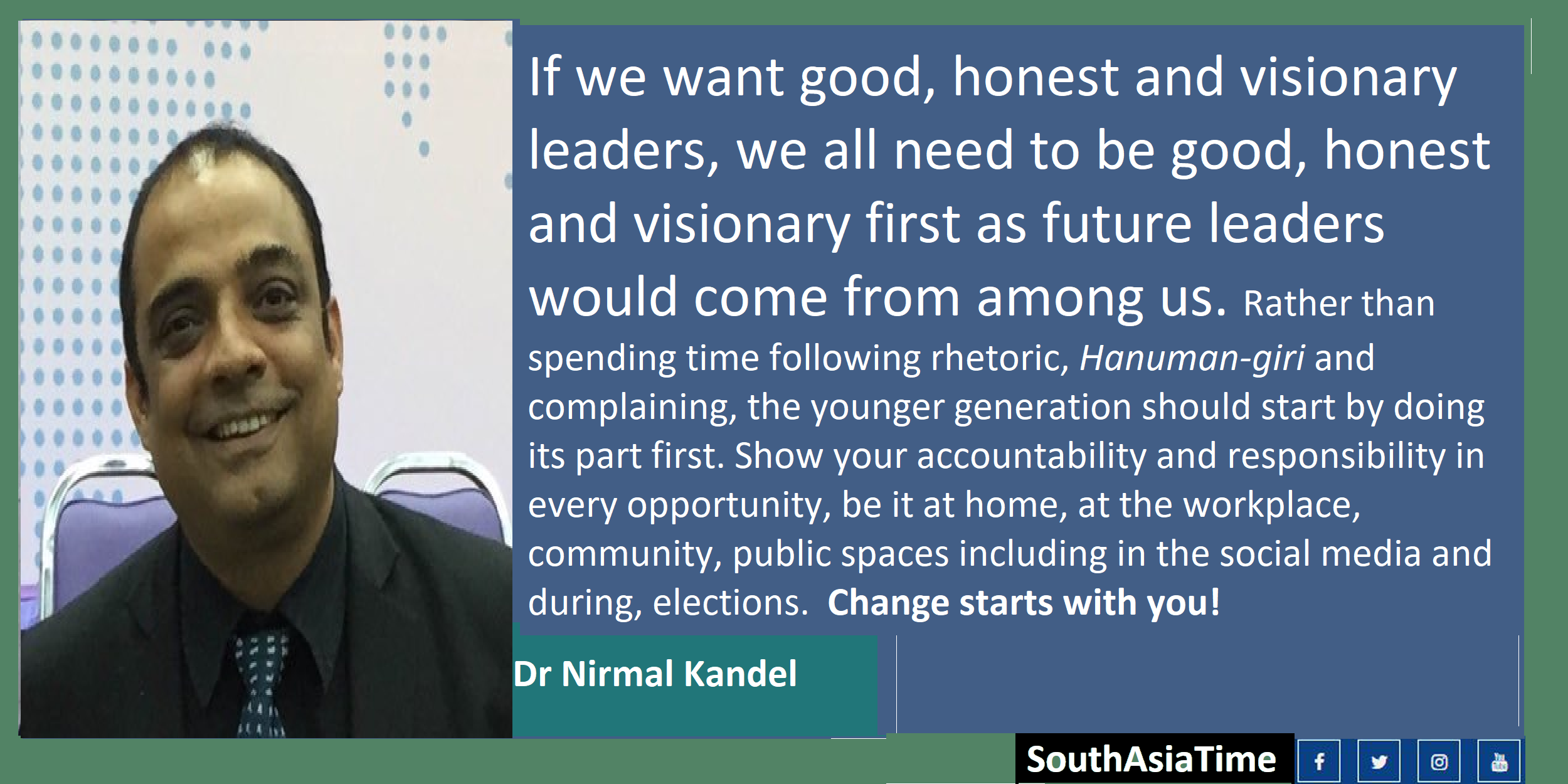
My friend suggested to me that I need to write targeting the younger generation of Nepal. I started brainstorming myself to find a suitable topic that could reach out to the promising younger generation of the country, and that they would read twice. I wondered if I should write once again on next-generation leadership, but decided not to reinvent the wheel as it did not get much attention from some of our hopeful leaders. I also discarded the idea to write something on the young generation’s role to shape the development and country, as it would end up becoming a theoretical NGO/INGO report to some donors. I instead decided to write about a common topic of discussion, often discussed in social media or elsewhere by frustrated younger generation Nepalis. It is about the wishful thinking of the emergence of a capable leader who can lead the country towards prosperity. I started calculating the number of opportunities that the country has missed because of the younger generation.
I am a physician trained to make a diagnosis based on minute details of signs and symptoms; an anthropologist, trained to interpret people’s behavior, culture and social practices; an epidemiologist, trained to establish correlation and association of causes (causal relations) and a trained MBA who believes that every problem has a solution when there is a will. By virtue of my training, let me diagnose the root causes of problems, how they have evolved, and manage them.
Let us start with our history and events; the younger generation was in the frontline almost every decade to bring political changes in the country. The role of younger generation to oust the Rana dynasty to reinstate the King in 1951; the first-ever formation of democratic government in 1959; establishment of a constitutional monarchy in 1990; ten years of conflict and popular people’s movement in 2005-06 BS, which removed the Shah dynasty and established a federal democratic republic were crucial. Does anyone see missed opportunities? These opportunities should have resulted in prosperous and socio-economically vibrant Nepal but look at where we are now. If I ask now the causes of the current situation, everyone with a loud and uniform voice will rely on the same rhetoric that we did not get a good, honest and visionary leader. Therefore, we expect some ex-figures to return or expect an honest dictator or a good bureaucrat to rule the country even though the constitutional mandate and democratic practices we all fought for will not allow. This reminds me of a famous proverb of Comte de Maistre, who said that in a democracy, the people get the leaders they deserve. Before I put forward my analysis, I would encourage all to sit back and think about what have been our own contribution to development, what have been our roles and responsibilities and whether we are doing our part.
Playing Your Part
Perhaps some are thinking that they are doing their part by participating in people’s movement and elections. A few might say that they are paying tax to the government, and some may be thinking that whoever comes or rules all are the same and their voice has no value. This is how we miss opportunities. Imagine if our parents or siblings had abandoned us, we would not be reading this article now. If they can take care of us, why cannot we take care of the achievements of people’s movements and elections? Did we contribute after that? Let me ask a straightforward question, how many of us, while walking in the street, stopped and picked up an empty noodles packet lying on the street and disposed them in the bins? I know some of us will immediately say that our cities do not have enough bins. How many of us spit on the street and how many of us do not follow the queue in public transport, theatre or temples? Imagine if all from the younger generation do these simple things, we would possibly have made our cities clean and respectable places. But we all want that someone picks up the empty ‘Wai-Wai’ packets strewn on the street because we think someone is paid for that; if I spit, no one will care about it as the street is already dirty, or that I am more important than others and that I do not have to follow the rules. If we collectively thought of our individual responsibilities and practiced them regularly, it becomes a habit and changes would be observable- cities would look cleaner, and people are more disciplined. Collective action can make changes.
There are many unemployed citizens, and those who are employed are they doing their job with diligence and accountability? Yet how much time do we actually spend on work-related activities, and how many of us avoid gossiping sessions in the cafeteria? How many of us read about recent advances in our work-related areas and how many of us have misused office resources for personal use? We may never reflect on these questions as they are uncomfortable questions. We come up with many excuses, such as putting the blame on supervisors or seniors, that it is in practice for long, and thus these are new norms. How many of us have we raised our voices against seniors or colleagues who are not honest with their work? If not, then complaining in social media and gossip platforms that we do not have leaders is just an excuse of our own incompetency. If every young generation ensures diligence and accountability towards their work and raises its voice against those who are not doing their job properly, we can induce accountability and diligence in all sectors including the political sphere.
Stop blaming others; First, do your part
You may be thinking I am only blaming the young generation for missed opportunities. While their political leaders are to be blamed, yet they are not the only ones who should be blamed for the current status. It is the younger generation in different times that made leaders, and maintained them and missed many opportunities to bring about positive and transformative change we have always wished for. Since 1990, we have had all opportunities to choose good, honest, and visionary leaders. Have we succeeded? The answer is clearly no.
There are three groups of younger generations- the first one dedicated to political parties as cadres, the second one are these days known as “Hanumans” as connoted in social media, and the last group are the more politically neutral youngsters, among whom are some that are active on complaining.
Youth dedicated to political parties are the only ones who can break the syndicate of leadership within their respective political parties. If you continue singing a song the way your “goot ” wants, we will all land in the vicious cycle. Such cadres should first ask the question whether the leader they are aligned to is delivering what s/he is intended to deliver. If not, either leave them or raise the voice for change. If you are not leaving or raising voice, that means you are not doing your part, not being accountable and sincere. Hanumans are blind supporters who rely financial and politically on their benefactors and the ones who are creating a smokescreen for the leaders. The devotion of Hanumans to their Rams is beyond doubt, and they believe that the world is so good because of their benefactor the Rams. Buoyed by such allegiances, the arrogance of such Rams reaches to newer heights when they start to think that they are invincible. These youths should ask themselves if they are aware that they are misleading their Rams and the country as a whole. The third group is usually a game-changer in elections. Every political party have their own cadres and Hanumans, and naturally, they are not the one who swings election results. The one who swings election results falls in this category of the young generation. They are the commonest ones who complain that they do not have good leaders but still select the same old face. They are the one who want some ex-figures to come back or some bureaucrat to run the country or opt for autocracy, without seeing the pitfalls of losing democracy and fundamental freedoms.
Irrespective of the above categories, the younger generation must be motivated to lead. Leading does not mean that you need to become a political leader. You can lead yourself first, then be a leader at home, community, workplaces, schools, and colleges. Let us take an example, can the younger generation from schools and colleges lead by respecting teachers and friends, sharing what you learned, and learning from others. Stop those who use colleges for politics, isolate them who disrespect college etiquette and rules and raise voice against the absence of teachers or lack of quality education. Be a leader to do your part and, in other words, be responsible, accountable and honest.
Leaders are made by the people, of the people and for the people. A leader of sheep is always a sheep. It is not a goat or a cow. Therefore, if we want good, honest and visionary leaders, we all need to be good, honest and visionary first as future leaders would come from among us. Rather than spending time following rhetoric, Hanuman-giri and complaining, the younger generation should start by doing its part first. Show your accountability and responsibility in every opportunity, be it at home, at the workplace, community, public spaces including in the social media and during, elections. Change starts with you!
Dr Kandel is a medical epidemiologist and anthropologist. The views expressed here are strictly personal views of the author.
@kandelnirmal






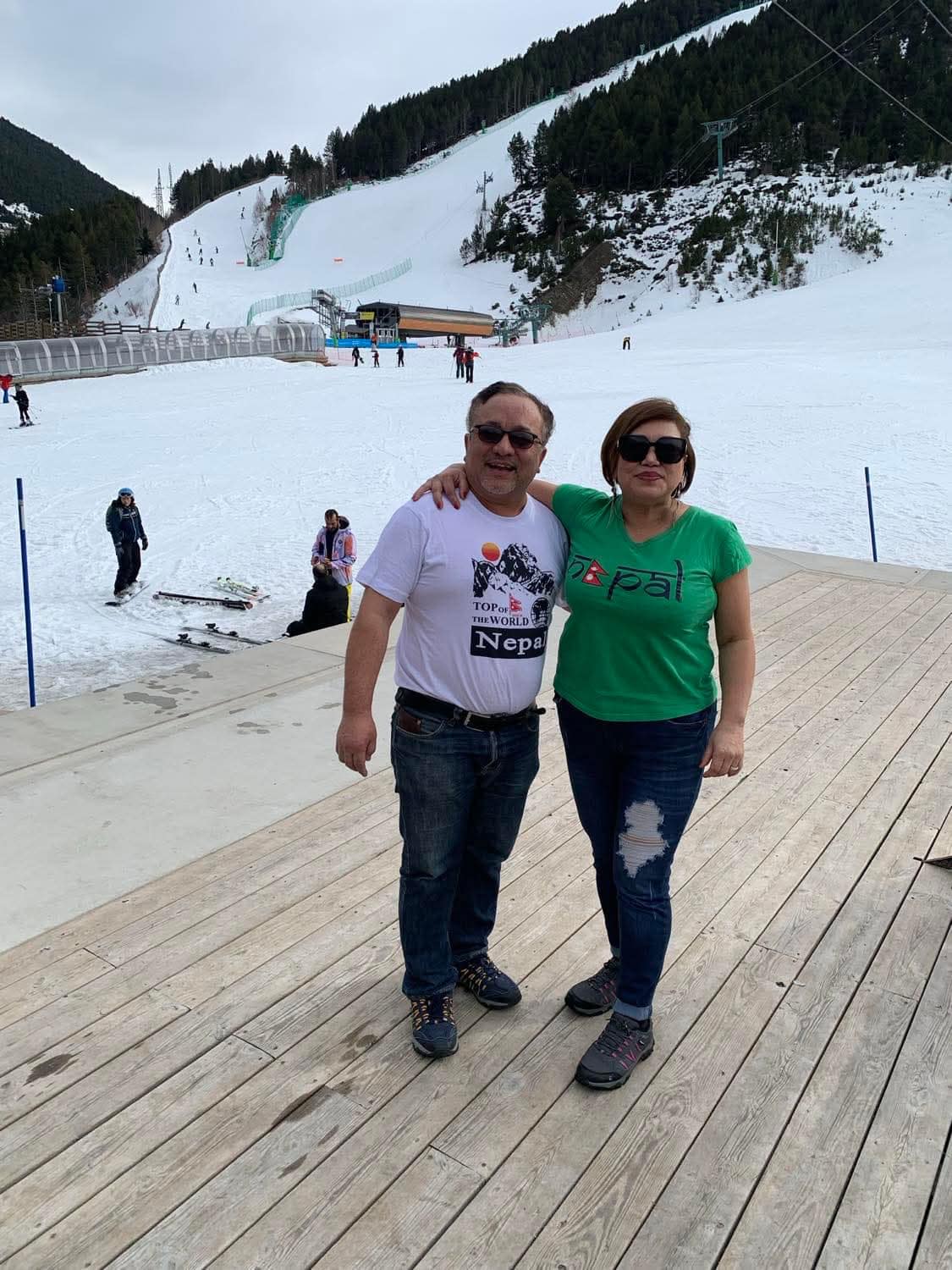
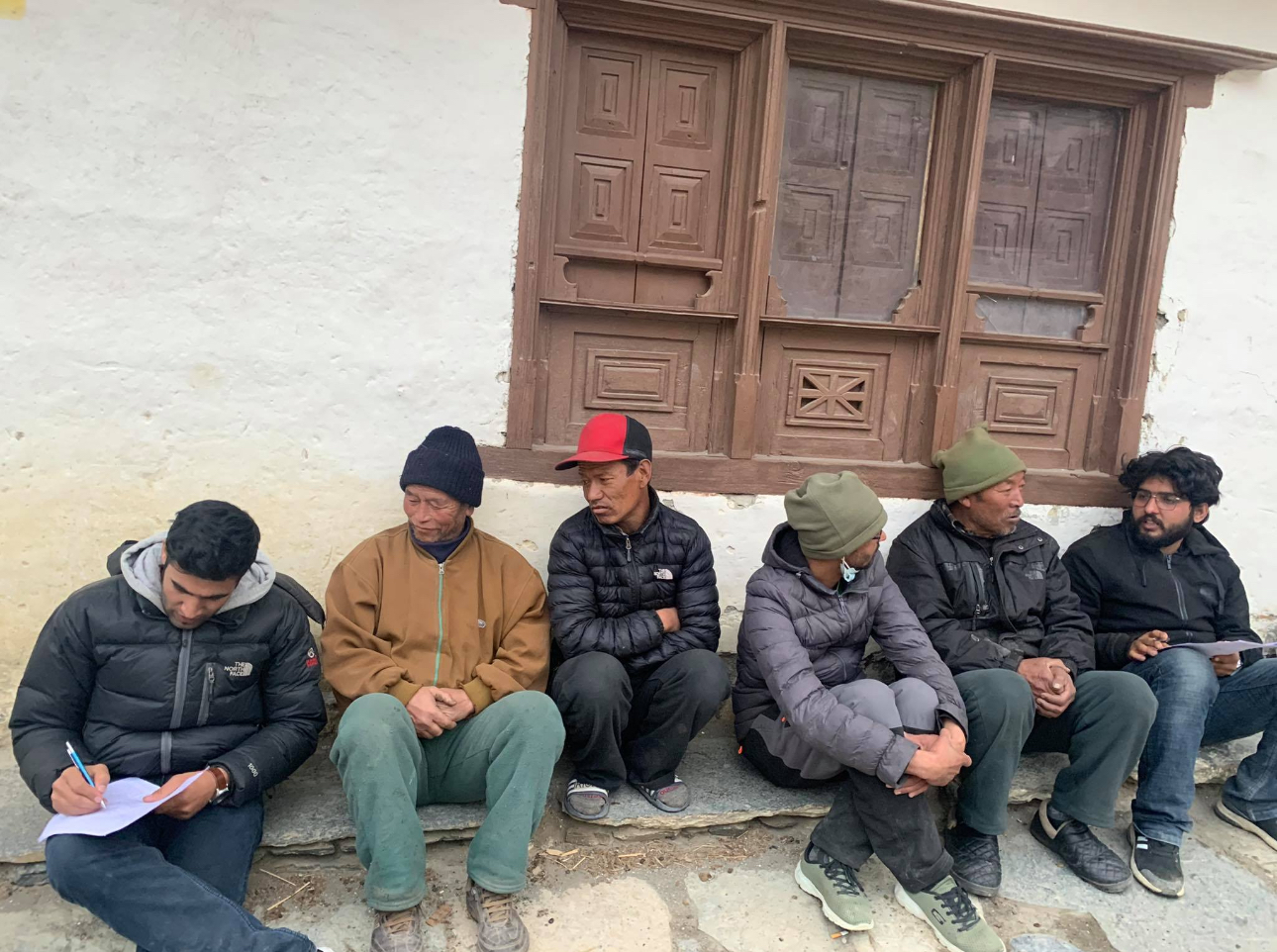
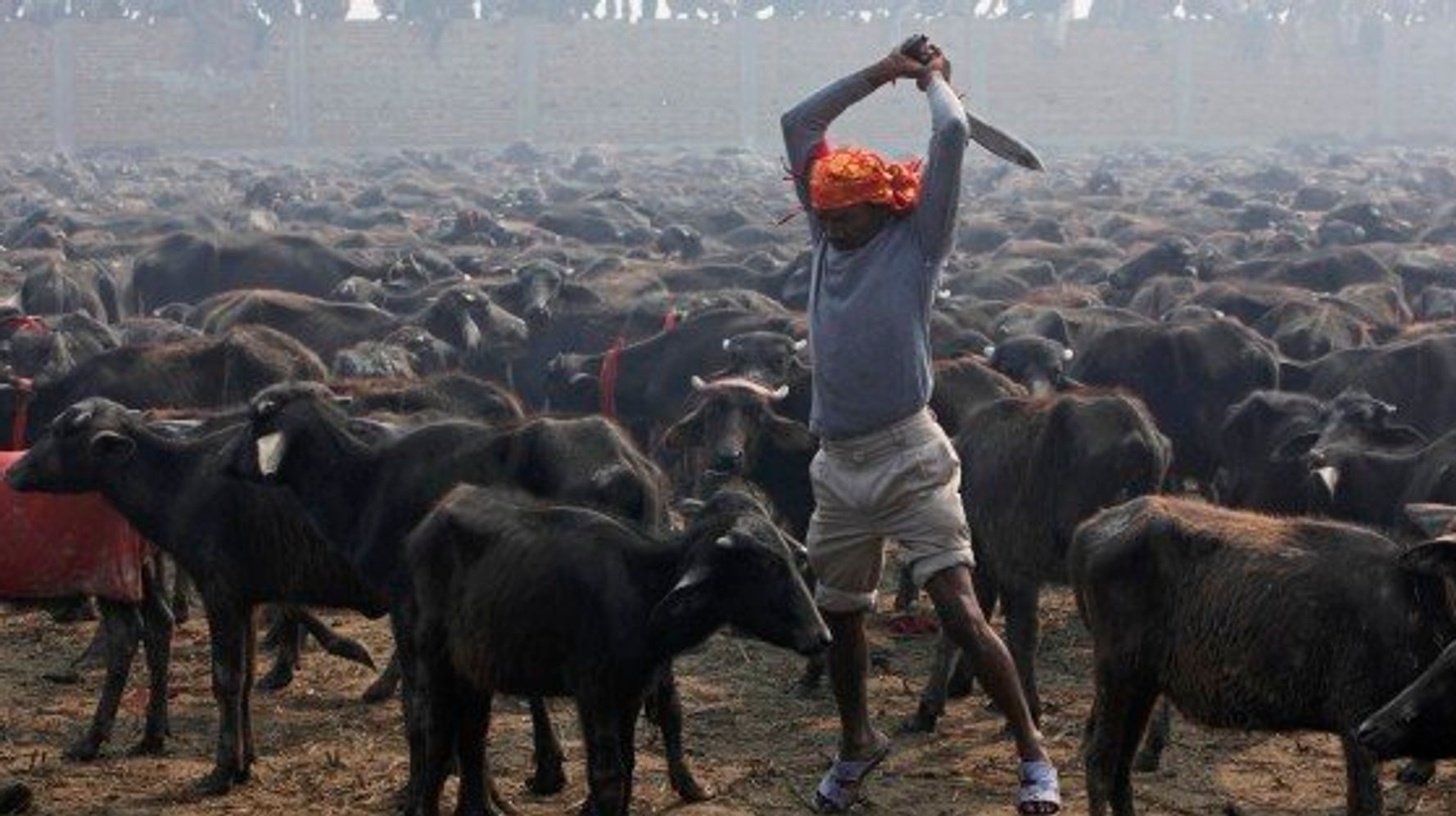

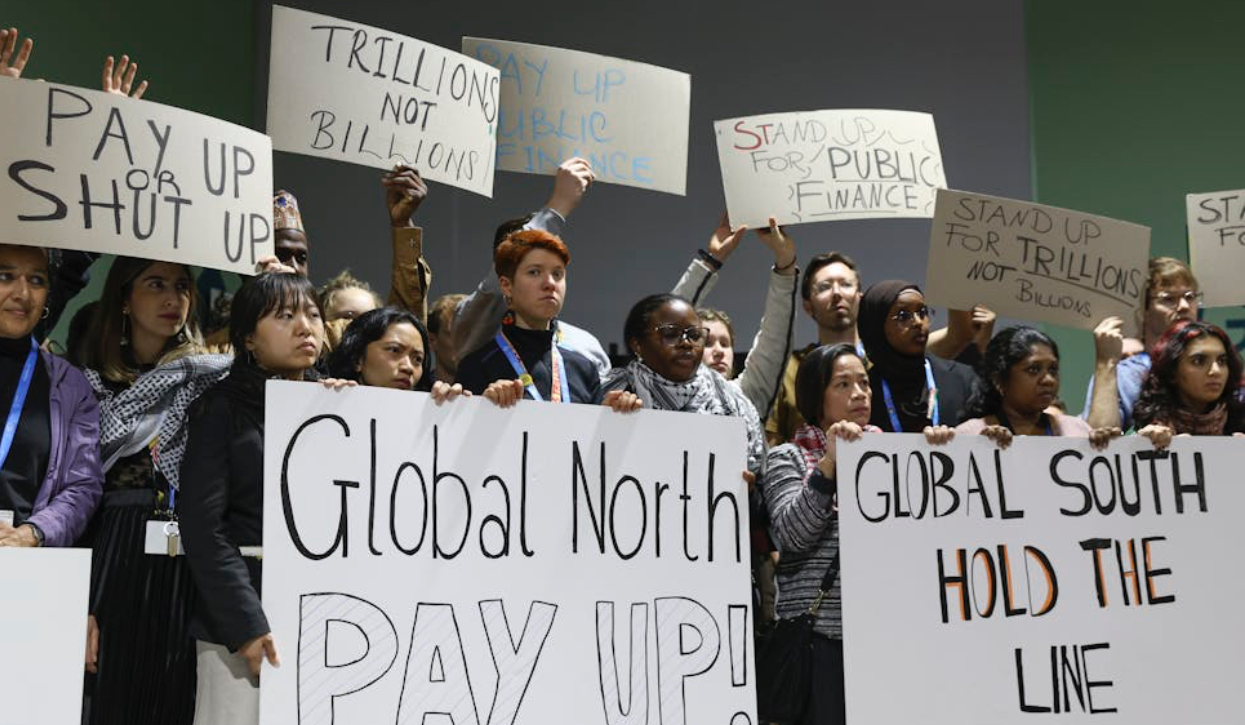
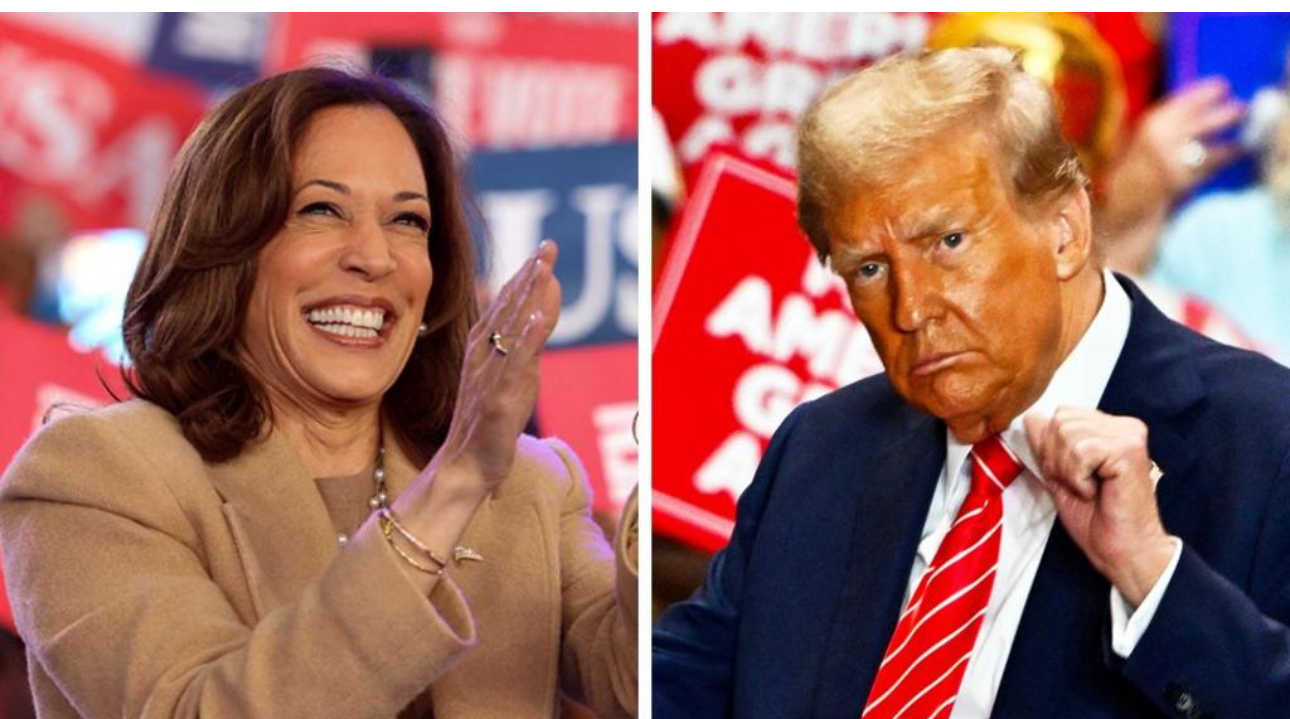






Facebook Comments